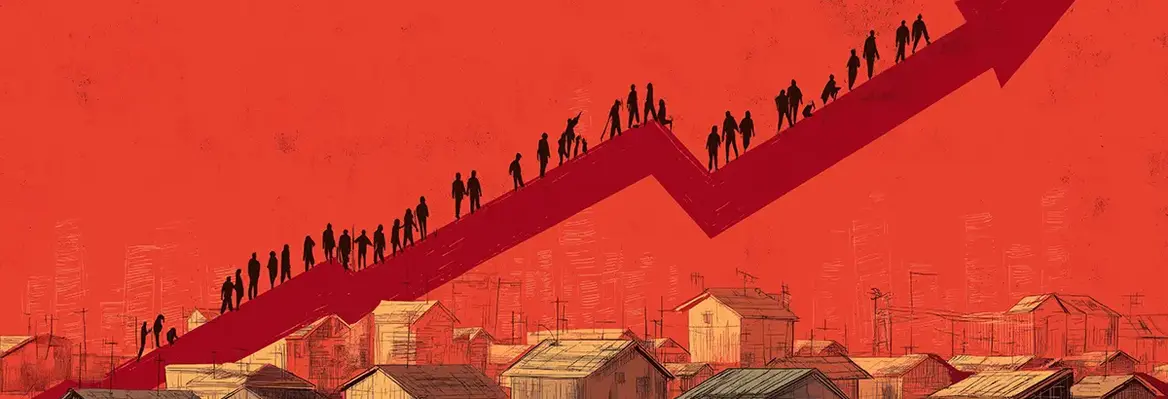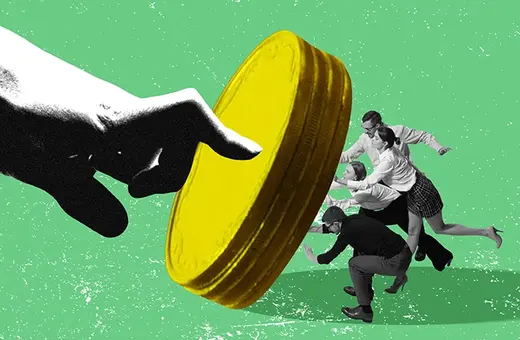The growing gap between the rich and the poor is a problem that seems increasingly urgent with each passing day. From the shocking statistics about wealth concentration in the United States and Britain to the widespread struggle for basic needs like food, the signs of economic inequality are impossible to ignore. Yet, what many overlook is that inequality is not a new phenomenon—it's been a persistent feature of human societies for millennia. From ancient philosophers like Plato to modern thinkers such as John Stuart Mill, a long line of intellectuals have not only chronicled the rise of inequality but also warned of its devastating consequences. Professor David Lay Williams argues the answers to inequality may have surprising insights from the past.
New statistics seem to appear every day with sobering news about growing levels of economic inequality. Recently, the Congressional Budget Office in the United States reported that American families in the top 10 percent now hold 60 percent of all national wealth, with the bottom 50 percent holding 6 percent of national wealth. In Britain, the top 20 percent of households possess 63 percent of all national wealth. Meanwhile, the BBC reports that a record 9.3 million people in Britain are struggling with putting food on the table. And if the data are accurate, the trends suggest further accentuating the gap between rich and poor.
Naturally, inequality and its dramatic growth over the past few decades have drawn attention from journalists, activists, scholars, and politicians. Thomas Piketty’s Capital in the Twenty-First Century tracked inequality’s trends over the past few centuries, observing how it peaked in the Gilded Age, diminished in the aftermath of the Second World War, and then started rising again during the Thatcher and Reagan administrations respectively, continuing largely unabated since then.
___
As long as inequality has persisted, people have observed it, chronicled the challenges it raises, and suggested reforms for reducing it in order to mitigate those challenges.
___
To the extent most have thought about the matter, that may be as much as they know. Yet inequality has largely predominated for much of recorded history. The Stanford University historian, Walter Scheidel, has observed in his Great Leveler that “Inequality either grew or held fairly steady for much of recorded history.” A generation earlier, the Yale political scientist, Charles Lindbloom, similarly remarked, “Historically, all societies, market or not, have preserved economic inequality.” Indeed, inequality has a very long history.
But what is less well known among many contemporary economists, social activists, and political figures, however, is that as long as inequality has persisted, people have observed it, chronicled the challenges it raises, and suggested reforms for reducing it in order to mitigate those challenges. Careful attention to this long tradition can help enrich our understanding of inequality and stimulate more creative thinking about potential solutions.





















Join the conversation